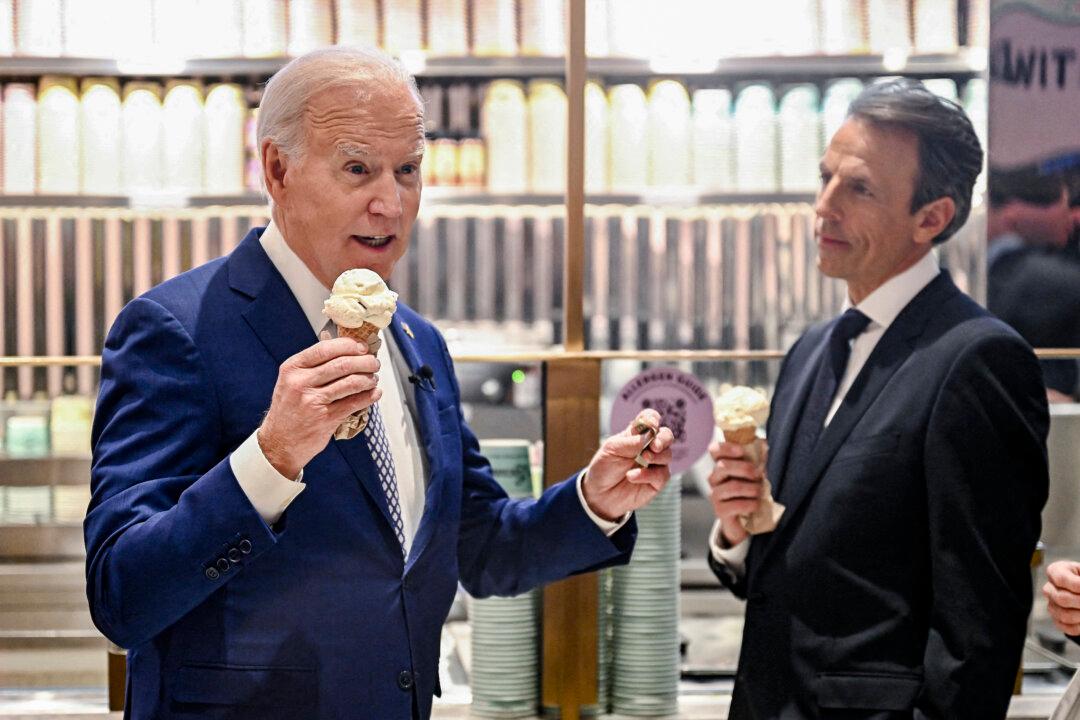President Joe Biden said he hopes that negotiations for the release of hostages by Hamas in return for prisoners in Israel and a temporary humanitarian ceasefire can be achieved by the end of the weekend.
Noting that the U.S.-led negotiations haven’t come to a conclusion yet, President Biden said he was hoping for an agreement that will see all hostages still held by Hamas released by Monday, March 4.





